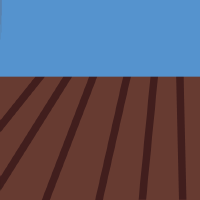Resource information
Through structured comparison, this article seeks to present the different approaches to urban agriculture in the cities of Singapore and Kigali. The former is seen as a model ‘smart city’ worth following worldwide, while the latter is frequently referred to as the ‘Singapore of Africa’. The research conducted was divided into two stages. The first one was desk-based and included the analysis of satellite and aerial images along with the analysis of legal documents regarding land ownership and urban agriculture management. The second one was based on field work carried out in 2019 in both cities and comprised the mapping of areas encompassed by urban agriculture, the collection of photographic documentation, field observations, as well as semi-structured interviews. The research was summarized in line with a comparative analysis of institutional and legal framework of urban agriculture and policy towards its development; spatial features of urban agriculture, including distribution, location, and area; as well as inherent features of urban agriculture, including systems of production, main crops, production methods, and functions. The process makes it clear that despite the fact that urban agriculture is considered in planning documents of both cities, the scale of the activity and the approach towards it differ markedly. In Singapore, the authorities support mainly the high-technology and land-efficient solutions, with other, low-profit forms of agricultural activity being pushed out from the urban space. In turn, in Kigali, where the scale of agricultural activity is incomparably greater, the inhabitants enjoy a certain freedom to make use of unused land in cultivation, which increases their food security and enhances their ability to cope with external stresses.



